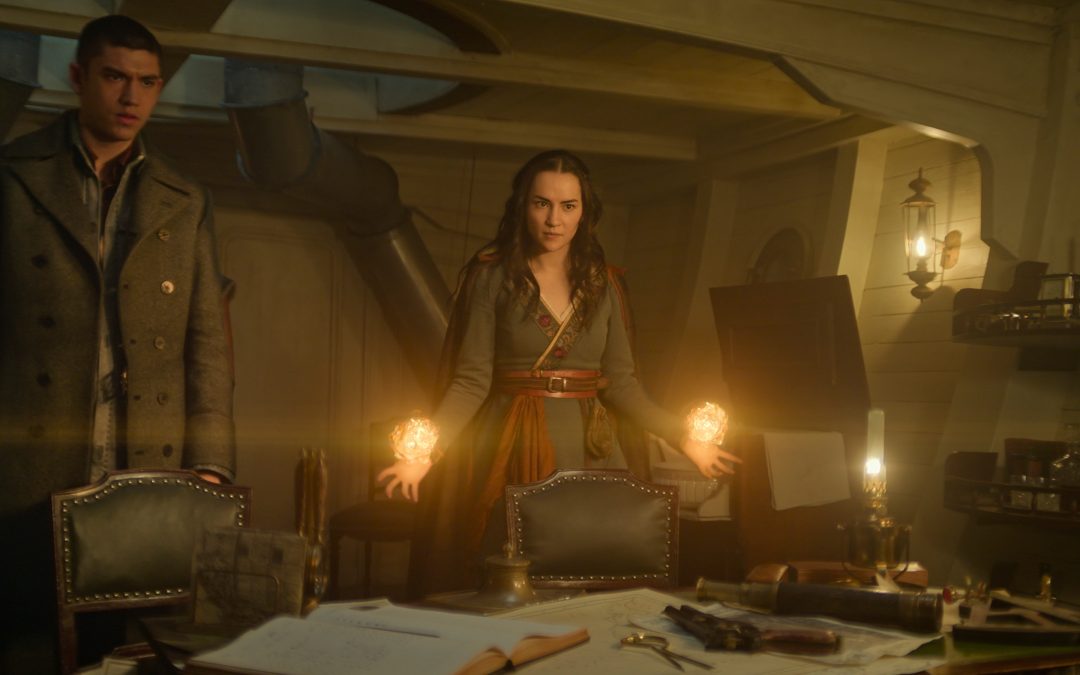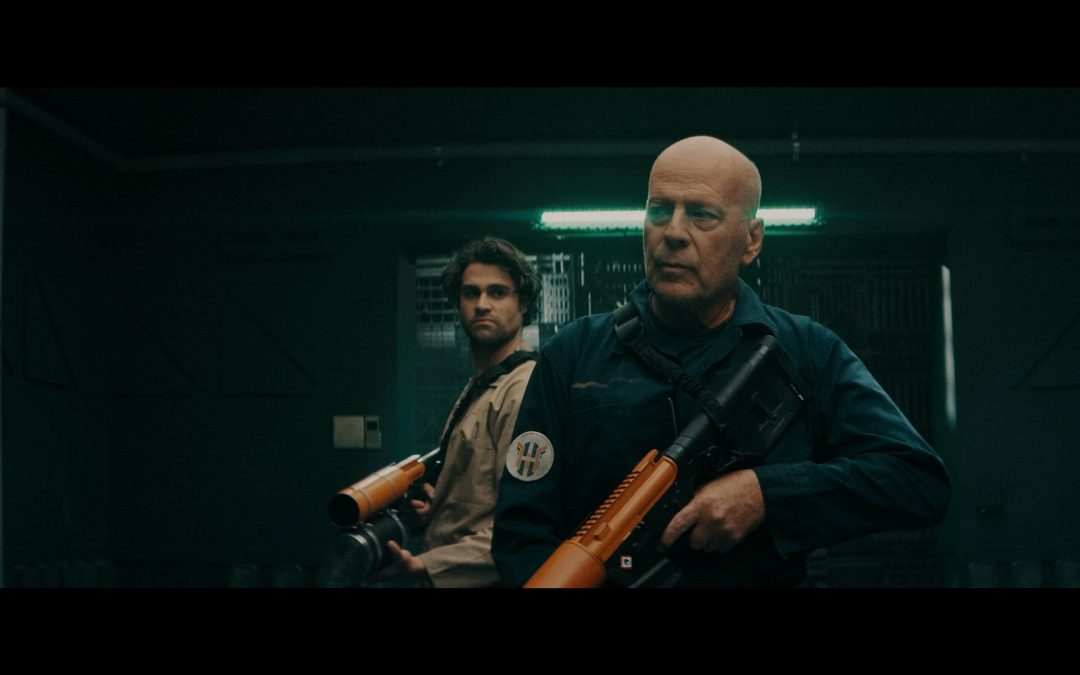
by Jenna | Mar 17, 2023 | Science Fiction, ScriptMag Articles
A new article over on Script Mag featuring my discussion with Eric Heisserer, the series creator and showrunner of Shadow and Bone, and the screenwriter behind Arrival and Bird Box, about how he came to work on the show, his approach to the adaptation, how he runs the show, and world-building in fantasy.
“The important thing to focus on is preserving how the source material made you feel when you read it, and to hold on to that feeling and making sure it’s preserved in your adaptation.” -Eric Heisserer
[read the article on Script Mag]
Photo courtesy of Netflix © 2022

by Jenna | Feb 8, 2023 | Science Fiction, ScriptMag Articles
A new article over on Script Mag featuring insights from my interview with ‘The Ark’ co-showrunners Dean Devlin and Jonathan Glassner. Topics discussed:
- the evolution of sci-fi as a genre
- collaborating to create their new show, ‘The Ark’
- the impacts of streaming
- writing sci-fi
- the importance of great characters
- visual effects
and more!
[read the article on Script Mag]
Photo by Aleksandar Letic/Ark Tv Holdings, Inc/SYFY

by Jenna | Nov 30, 2021 | Science Fiction, ScriptMag Articles
A new article over on Script Mag with my key takeaways after viewing time-travel romance Needle in a Timestack through the lens of what can be learned from both a storytelling and structural standpoint.
1. Begin with a compelling, personal, emotional opening
2. Study the art of efficient explainers
3. Explore big ideas in a personal context
4. Don’t let time travel questions unravel the story
5. Reckon with universal themes
6. What stories do we want to tell about women?
7. A different take on a villain
[read the article on Script Mag]
Image courtesy of LIONSGATE

by Jenna | Feb 3, 2021 | Final Draft Articles, Science Fiction
‘Psycho Goreman’ Is a Wacky Homage to Campy Sci-Fi Monsters
An article over on the Final Draft blog with PG: Psycho Goreman writer-director Liam O’Donnell about his writing process, how he spends time on the visual aspects of his stories, and making monsters and aliens galore — all on a meager budget. [read more on the Final Draft blog]
Image courtesy of RLJE Films

by Jenna | Dec 30, 2020 | Final Draft Articles, Science Fiction
A new article over on the Final Draft blog with five screenwriting takeaways from 2067 to draw on as you craft your own sci-fi scripts.
1. A compelling “what if” premise
2. A hook that keeps your audience wondering
3. Global and personal stakes tied together
4. A time travel explainer moment
5. An inevitable but surprising and satisfying conclusion
[read more on the Final Draft blog]
Image courtesy of RLJE Films

by Jenna | Dec 23, 2020 | Final Draft Articles, Science Fiction
5 Screenwriting Takeaways
A new article over on the Final Draft blog with five takeaways sci-fi screenwriters can draw on in their own scripts from Breach, a sci-fi space thriller in the vein of the original Alien and The Thing — but with a twist.
1. Sci-fi is a flexible ‘reality’ genre
2. Ordinary characters in extraordinary circumstances come with a built-in character arc
3. A-list actors lend credibility to a film
4. Tie the global stakes to personal stakes
5. Your title makes a promise to the audience
[read more on the Final Draft blog]
Photo courtesy of Saban Films






